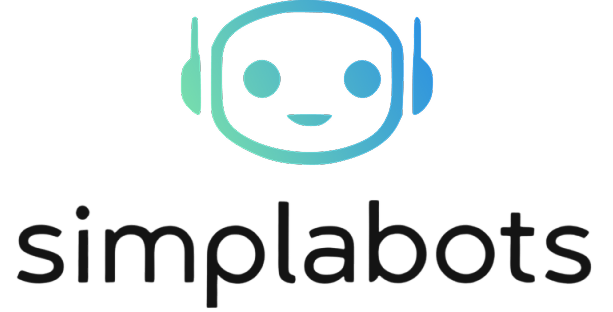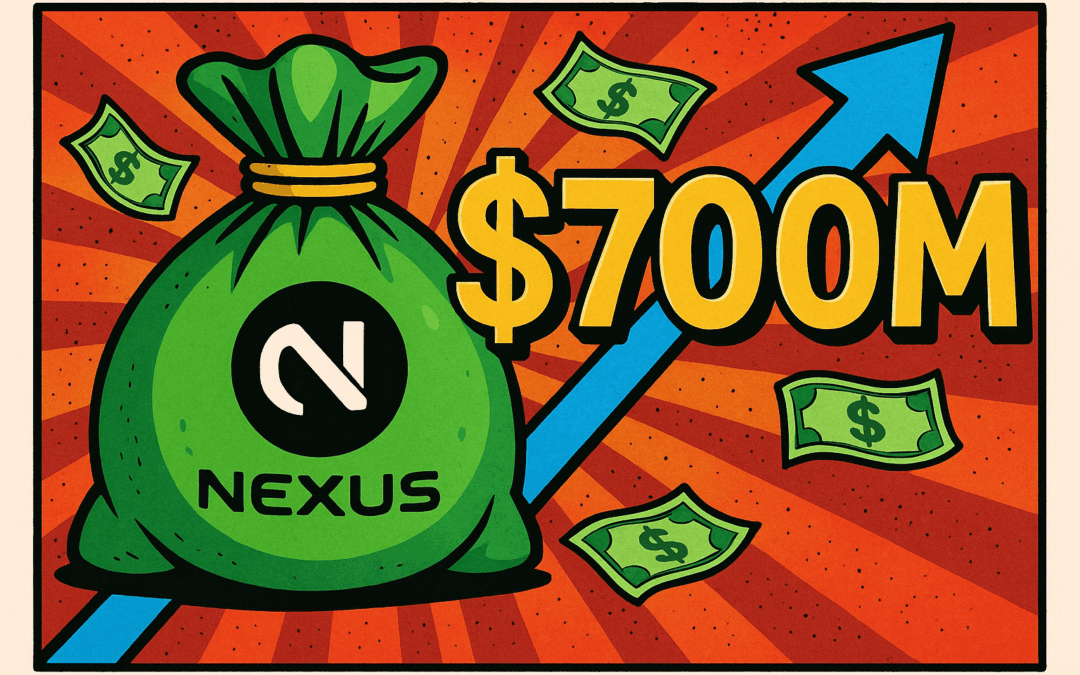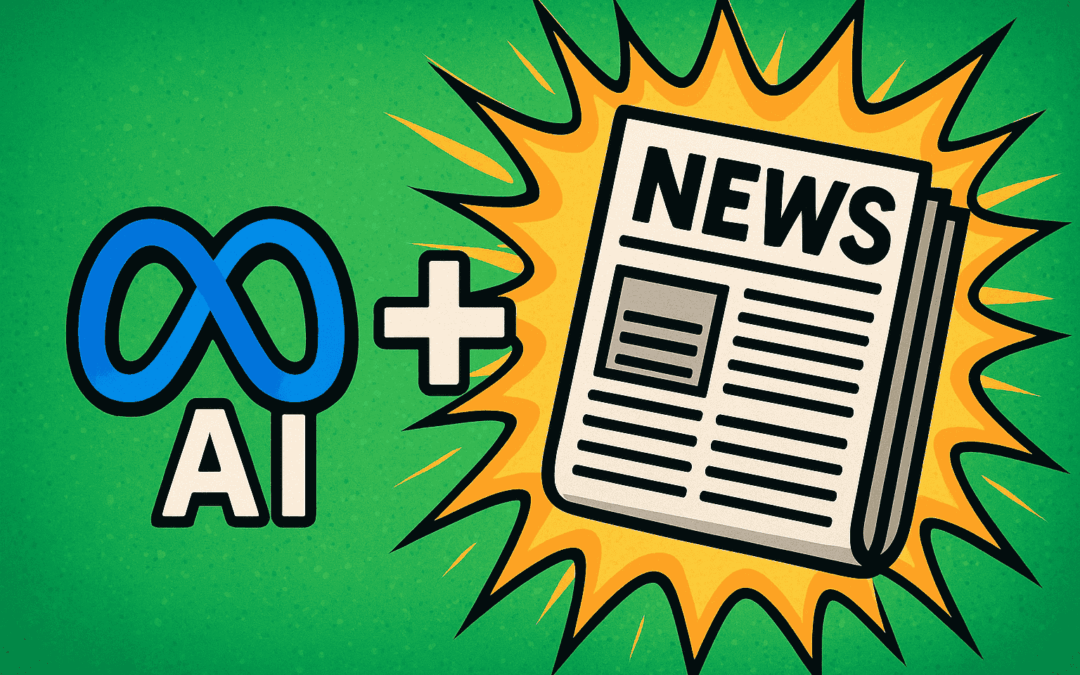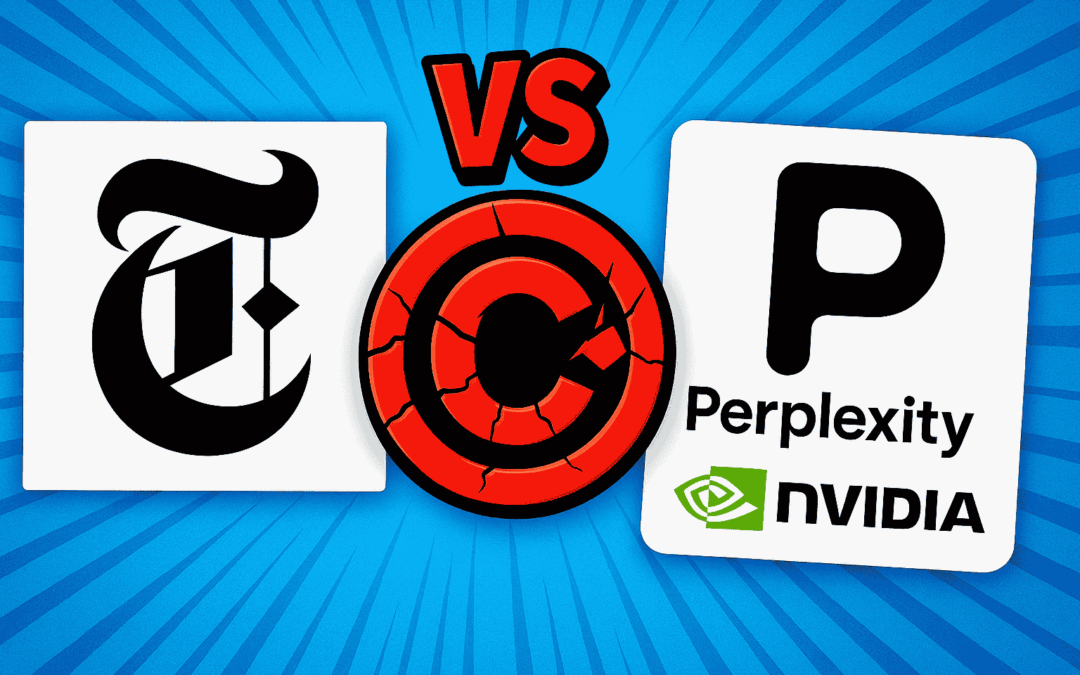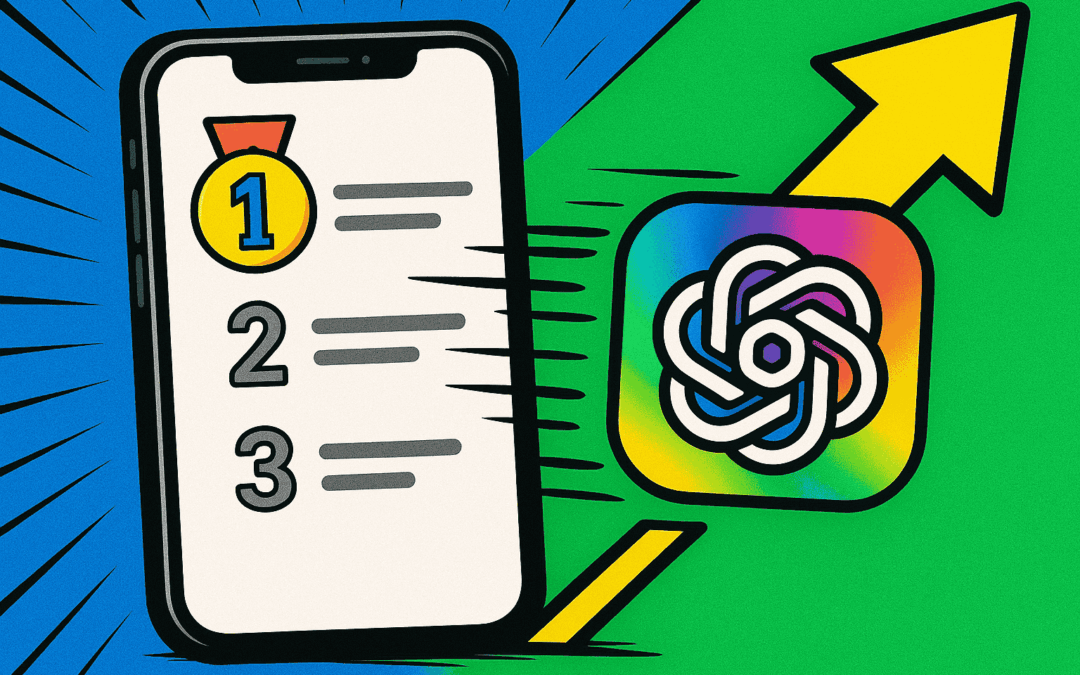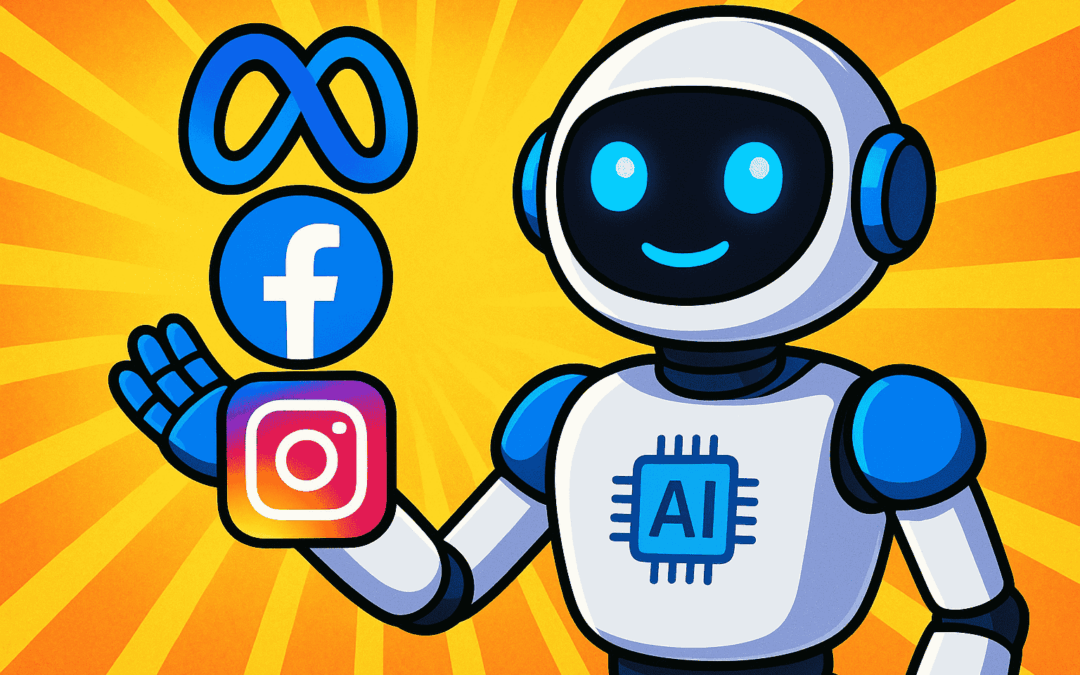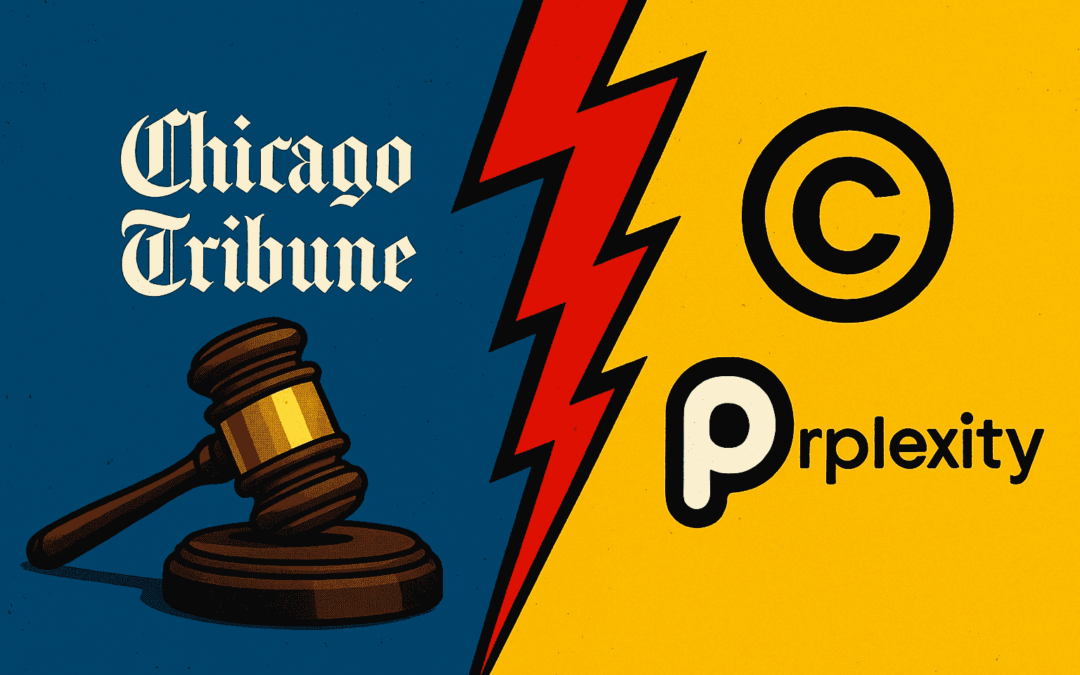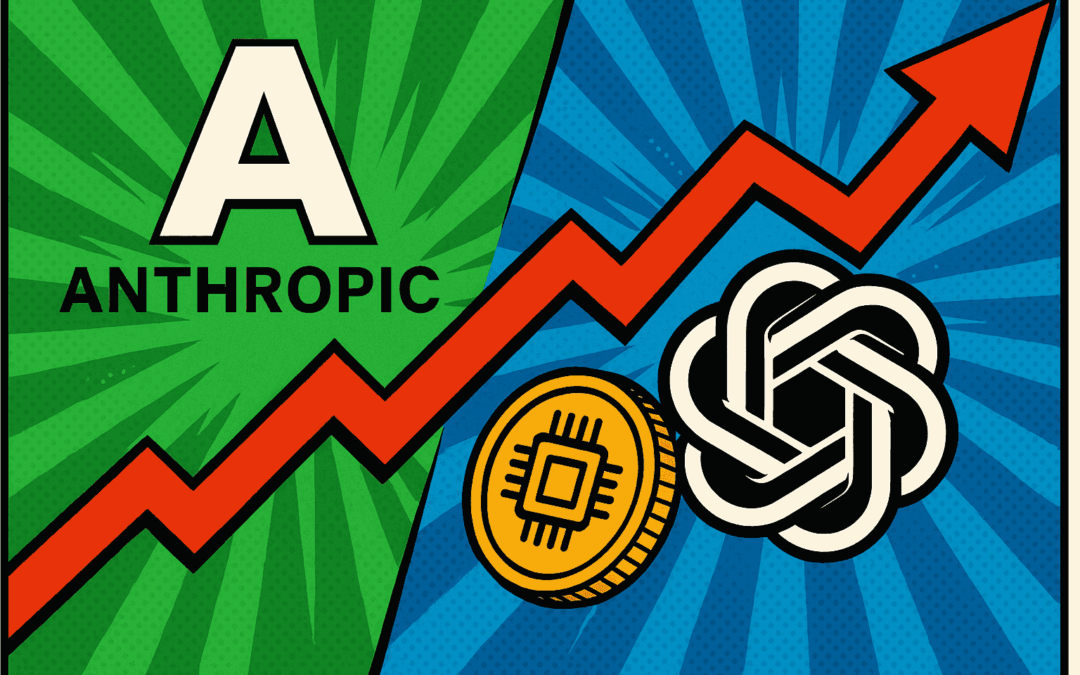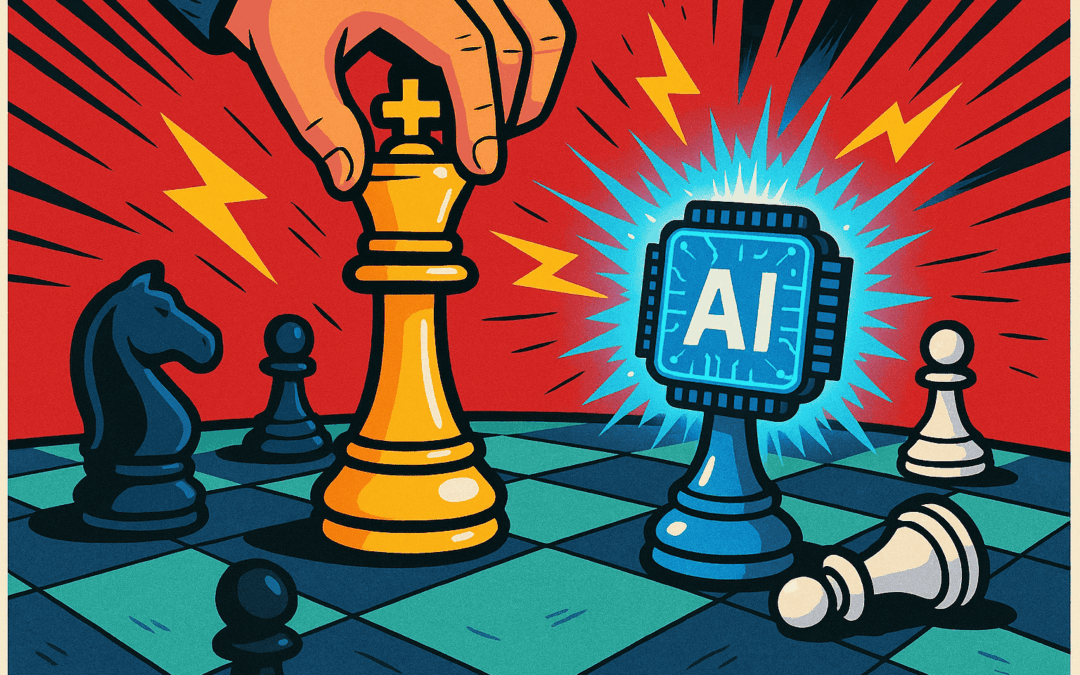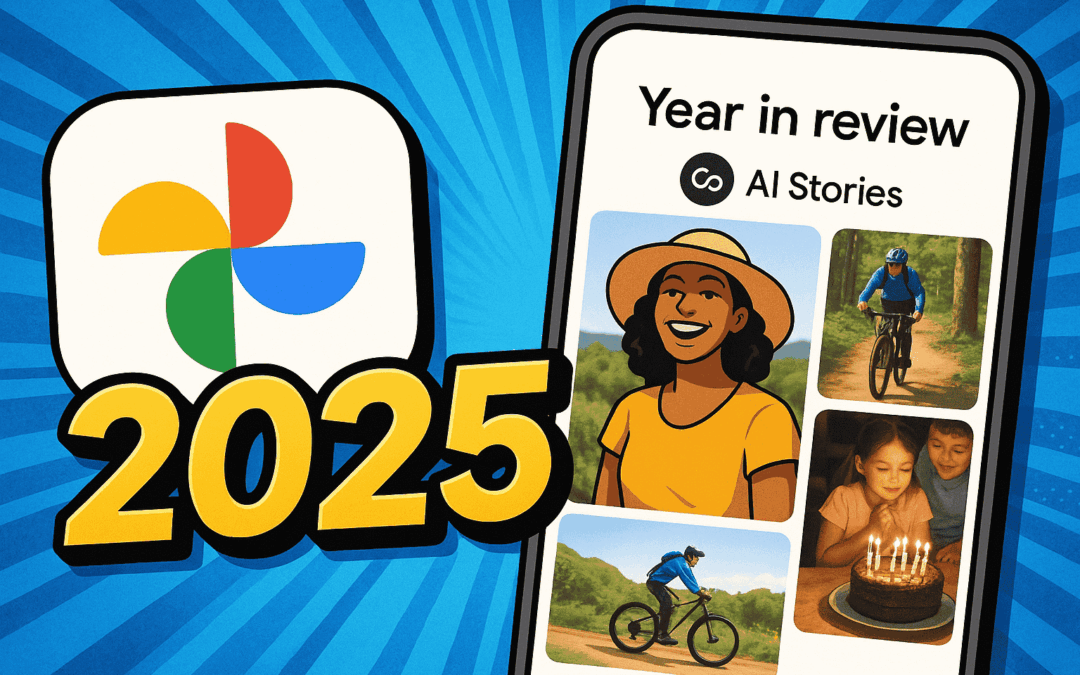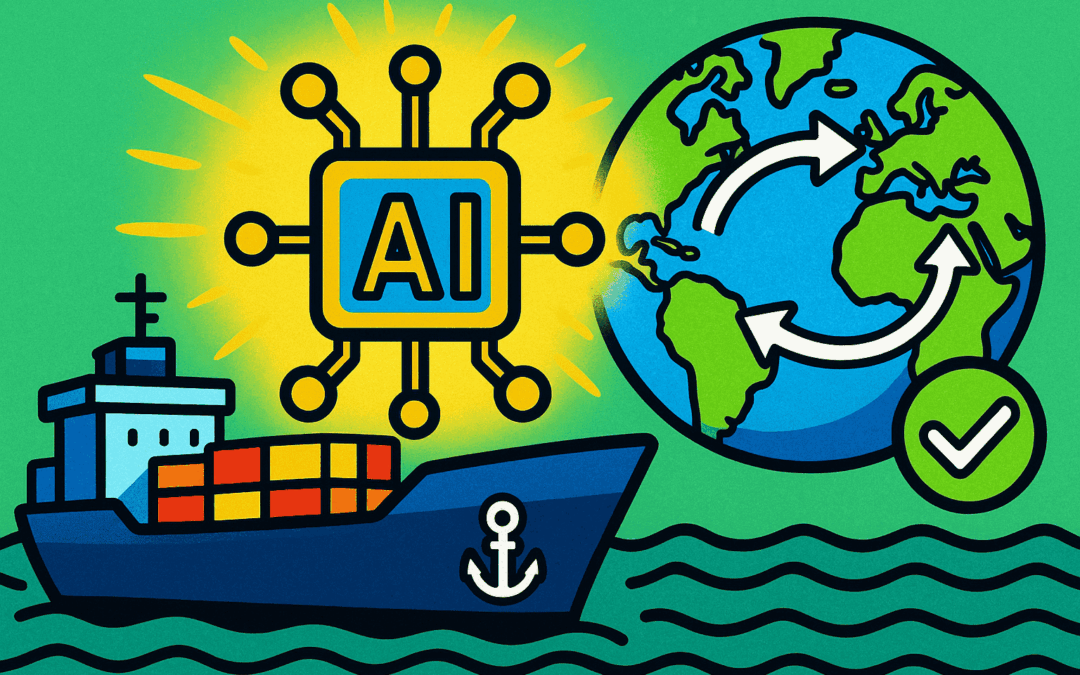India’s vibrant embrace of AI-generated media has met new friction as YouTube removed scores of Bollywood AI-music and mashup videos following a Reuters report.
These takedowns underscore the mounting copyright tensions—and legal questions—around generative AI tools, particularly as major media industries ramp up enforcement worldwide.
Key Takeaways
- YouTube removed multiple AI-generated Bollywood music videos after media scrutiny.
- Major record labels have begun aggressive copyright enforcement targeting AI mashups and deepfakes.
- The incident spotlights gaps in current copyright laws for AI-created and LLM-powered content.
- Global media companies see rising copyright risks as generative AI tools democratize content creation.
- Developers, creators, and startups must adapt to evolving AI copyright frameworks in real time.
AI-Generated Content and Escalating Copyright Action
The delisting of Bollywood AI covers and mashups from YouTube follows a Reuters investigation, where journalists found widespread posting of synthetic audio mixes and deepfakes featuring iconic Indian singers.
After Reuters contacted music labels and YouTube operators, hundreds of videos quickly vanished.
“AI-powered remixing and vocal synthesis have outpaced Indian copyright enforcement—until now.”
Universal Music, Sony, and T-Series reportedly requested takedowns, echoing similar clampdowns in Western markets (“fake Drake AI song” in 2023, Universal’s lawsuits against AI synth startups, Financial Times).
This shows that rights holders are expanding policing efforts beyond the US and Europe, targeting platforms popular with young, tech-forward audiences in Asia.
What this Means for Developers and Startups in AI
Developers building LLMs, generative AI music tools, or custom voice models face increasing risk if their tech enables creation or distribution of copyrighted works—even when users compose remixes for non-commercial use.
- Startups must implement robust copyright-detection systems and proactive takedown policies within apps and APIs.
- AI professionals should collaborate with content owners to secure training data rights or consider synthetic data alternatives.
- Jurisdictions including India now move closer to US and EU models, which mandate removal of infringing AI content and pursue damages.
“Copyright law for generative AI remains unsettled, but recent global actions show media giants are not waiting for regulation to act.”
Implications for Creators and Emerging AI Platforms
YouTube’s swift reaction reflects how platform liability for user-generated AI content is now a critical business issue.
New AI startups should anticipate even stricter content moderation and rapidwhitelisting/blacklisting using advanced content ID systems. Partners, creators, and app developers must:
- Carefully license or document training data sources for LLMs and text-to-audio AI.
- Offer transparent labeling for AI-generated music, art, and vocals.
- Track evolving DMCA equivalents in every market served, not just the US or EU.
Looking forward, generative AI platforms in India and beyond will likely see rapid tightening of both legal liability and platform-level governance—prompting a new era of AI ethics, explainability, and compliant innovation.
“Innovators who proactively address copyright and transparency are best placed to lead the next wave of generative AI.”
Source: Reuters
